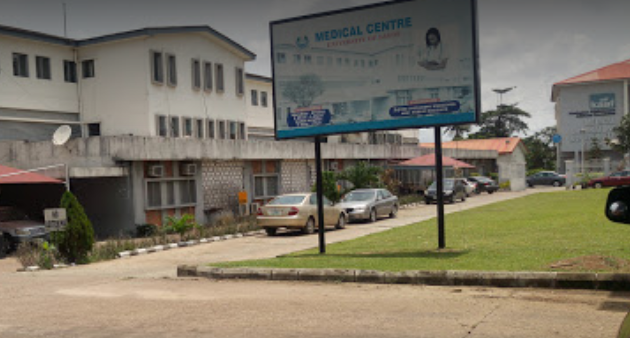At least 11 people have been placed under surveillance in Bayelsa state, following a suspected outbreak of monkeypox, a viral disease.
Ebitimitula Etebu, the state commissioner for health, who disclosed this on Wednesday, said samples of the virus had been sent to the World Health Organisation (WHO) laboratory in Dakar, Senegal for confirmation.
WHAT IS MONKEYPOX?
- It is a rare viral zoonosis (a virus transmitted to humans from animals) with symptoms in humans similar to those seen in the past in smallpox patients, though less severe. Monkeypox is a member of the Orthopoxvirus genus in the family Poxviridae.The virus was first identified in the State Serum Institute in Copenhagen, Denmark, in 1958 during an investigation into a pox-like disease among monkeys. Severe headache, fever, back pains, rashes are among the symptoms of the disease.
Etebu said until the result of the samples is out, one cannot be certain that there is an outbreak of the virus in the state.
“Recently in Bayelsa, we noticed a suspected outbreak of monkeypox. It has not been confirmed. We have sent samples to the World Health Organisation reference laboratory in Dakar, Senegal,” he said.
Advertisement
“When that comes out we will be sure that it is confirmed. But from all indications, it points towards it.
”As the name implies, the virus was first seen in monkey but can also be found in all bush animals such as rats, squirrels and antelopes.
”The source is usually all animals. It was first seen in monkeys and that is why it is called monkeypox. But every bush animals such as rats, squirrels, antelopes are involved. So, the secretions from particularly dead animals are highly contagious.
Advertisement
“We noticed the first index case from Agbura where somebody was purported to have killed and eaten a monkey and after that, the people who are neighbours and families started developing the rashes.
“We have seen cases from as far as Biseni. We invited the NCDC together with our own epidemiological team from the Bayelsa Ministry of Health. We have been able to trace most of the people who have come in contact with the patients.
“So far, we have 11 patients and we have created an isolation centre at the NDUTH and most of them are on admission and we are following up the 49 cases that we are suspecting might come down with the illness. As a state, we are taking care of all the expenses of all the isolated cases.
“The disease has an incubation period and it is also self-limiting in the sense that within two to four weeks, you get healed and it confers you with immunity for life.”
Advertisement
Add a comment






